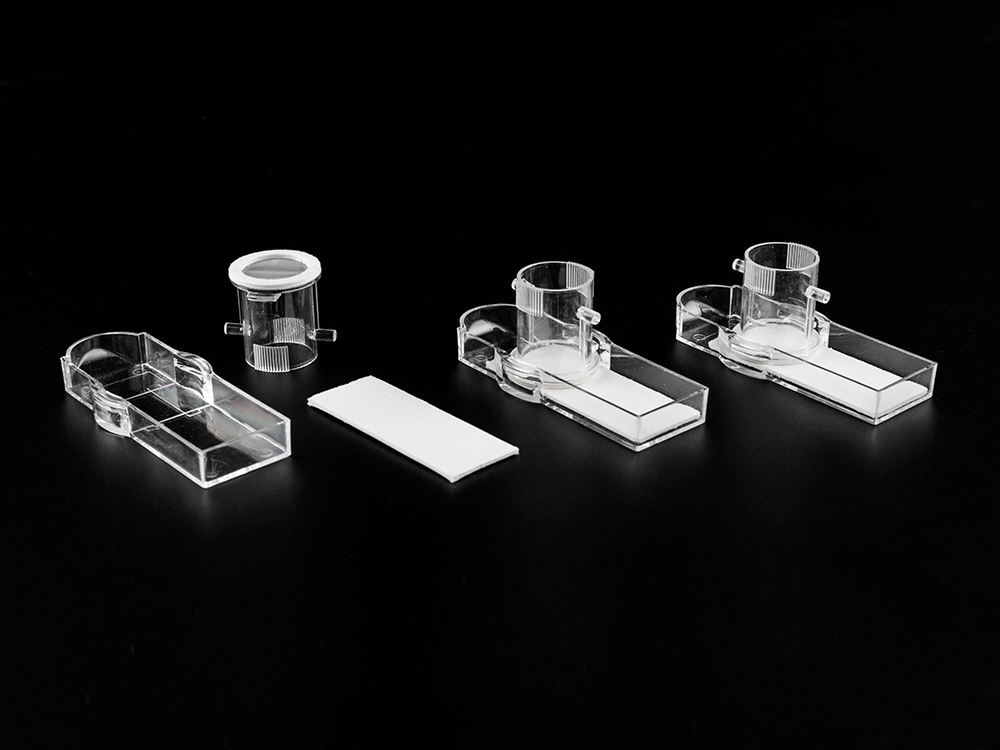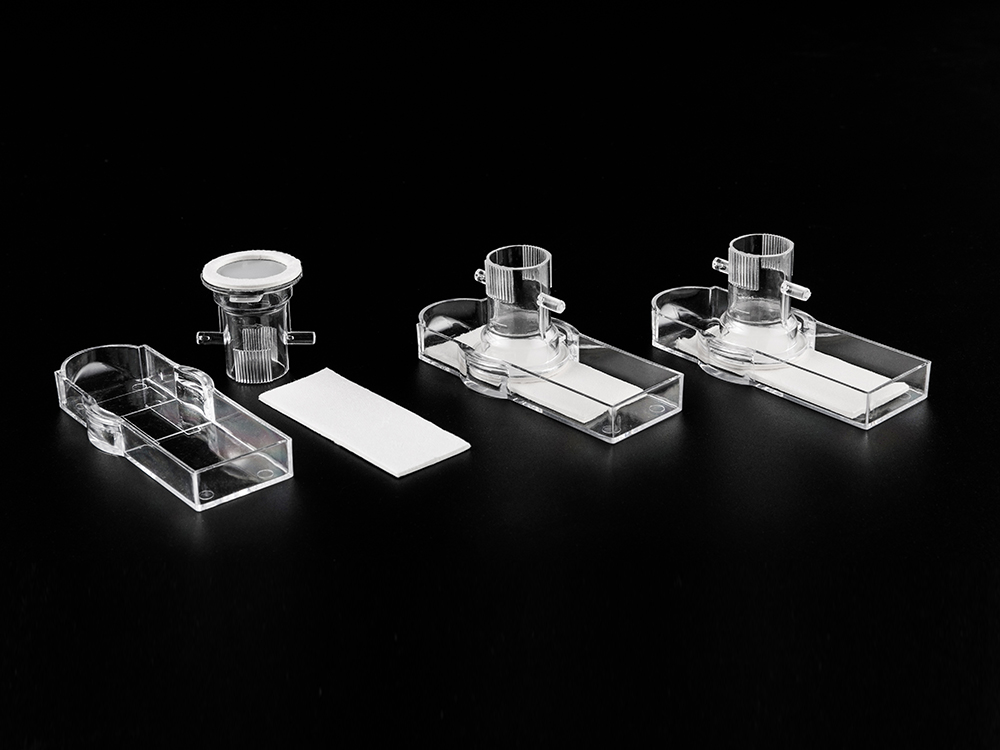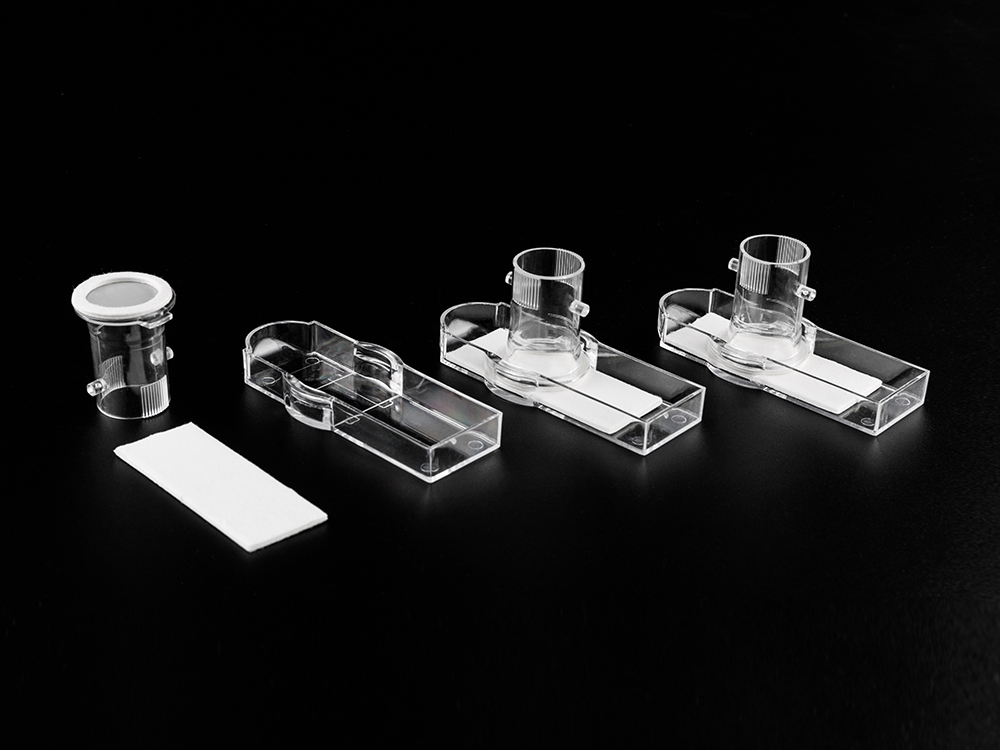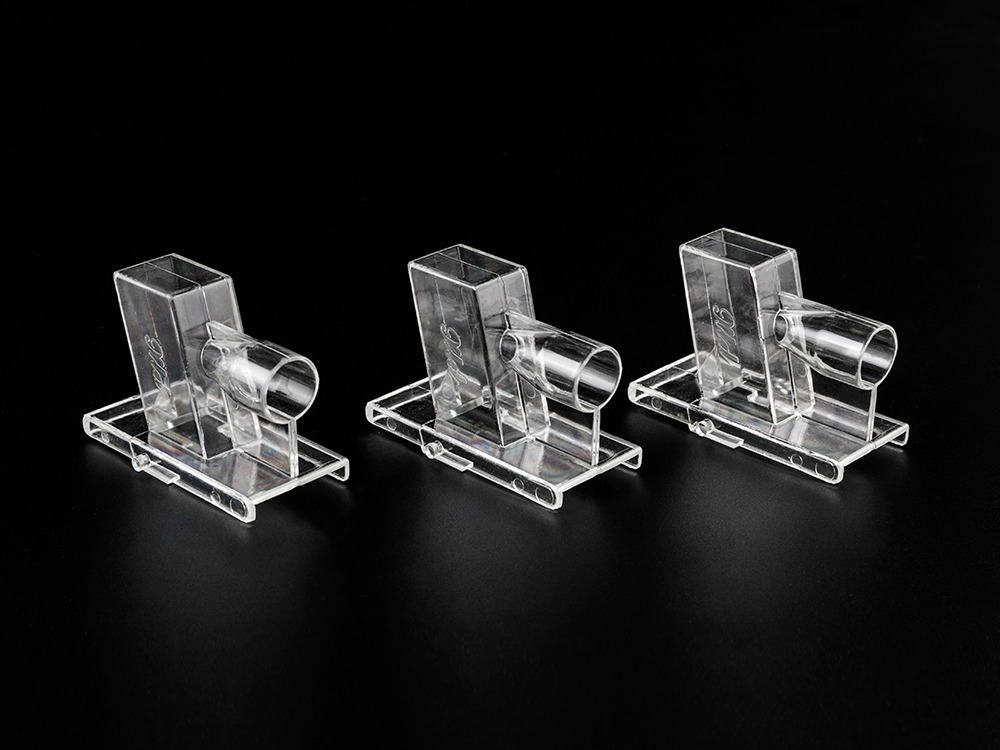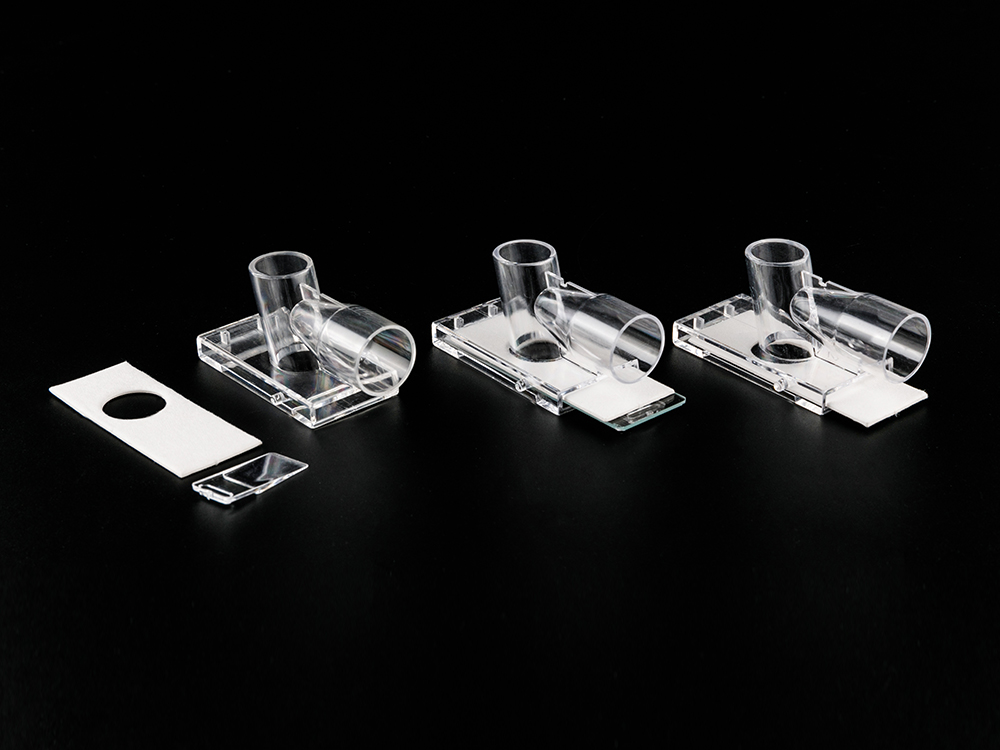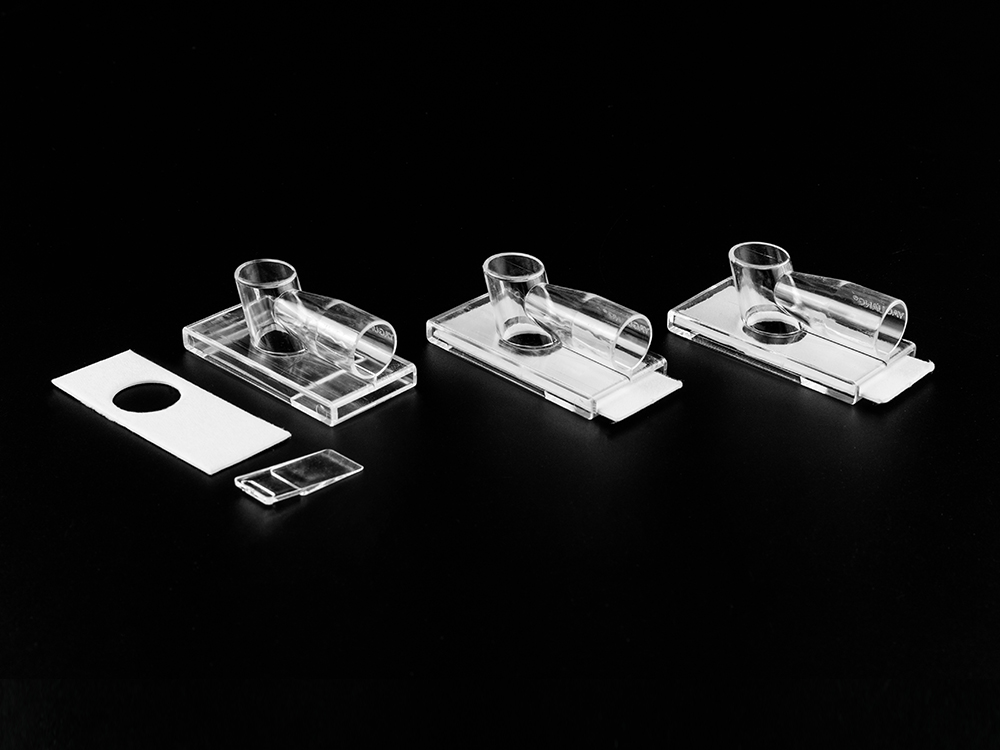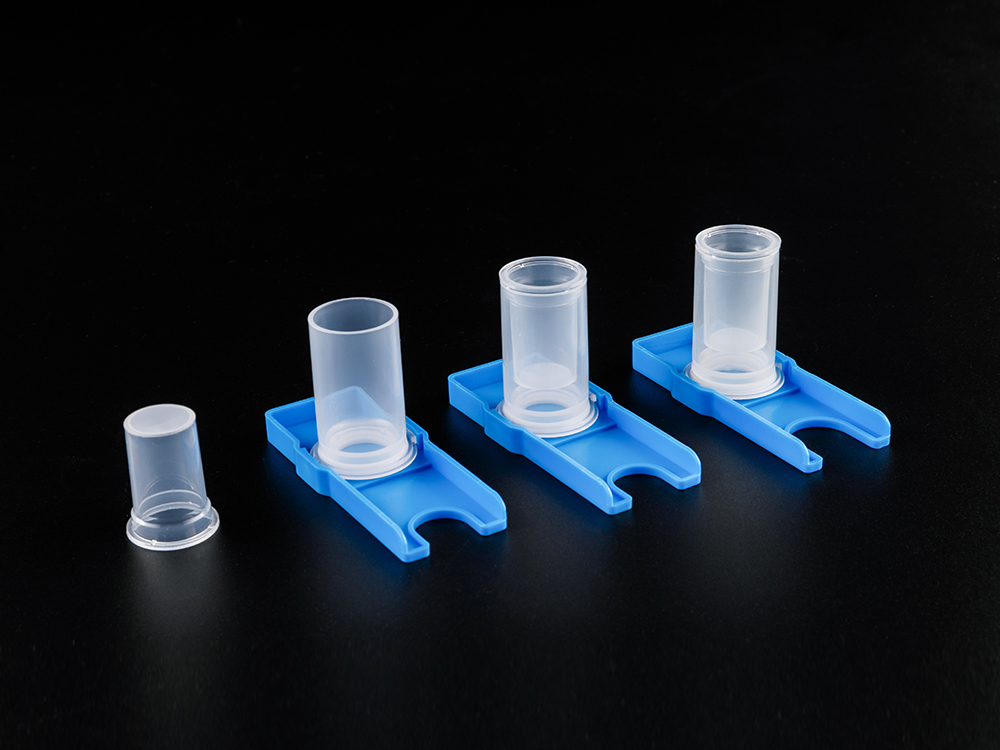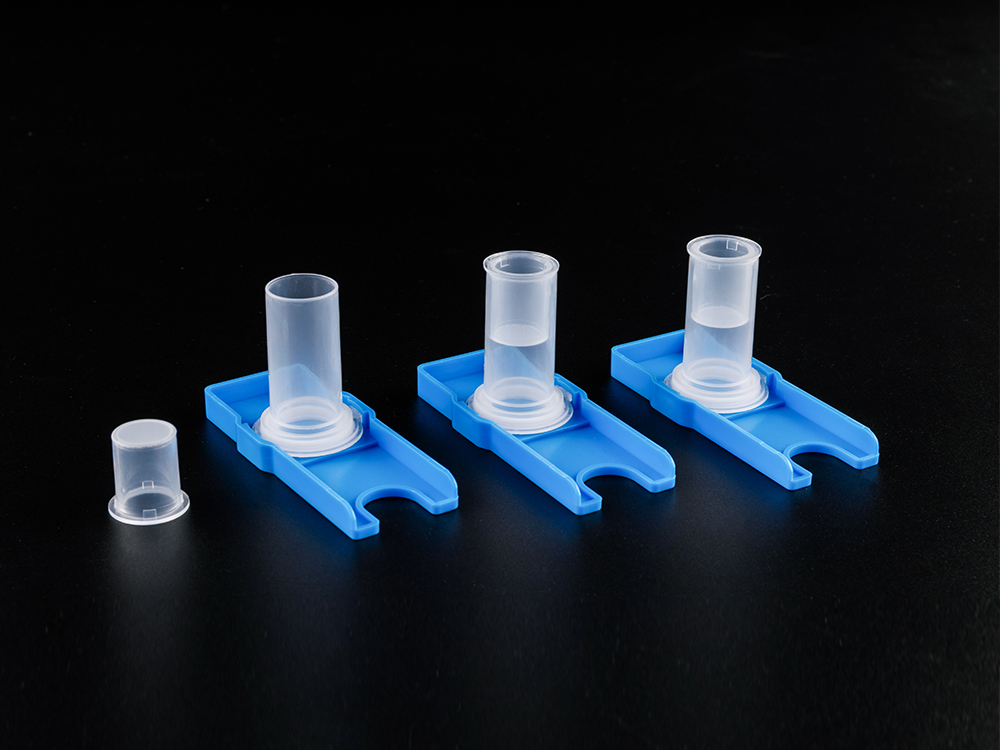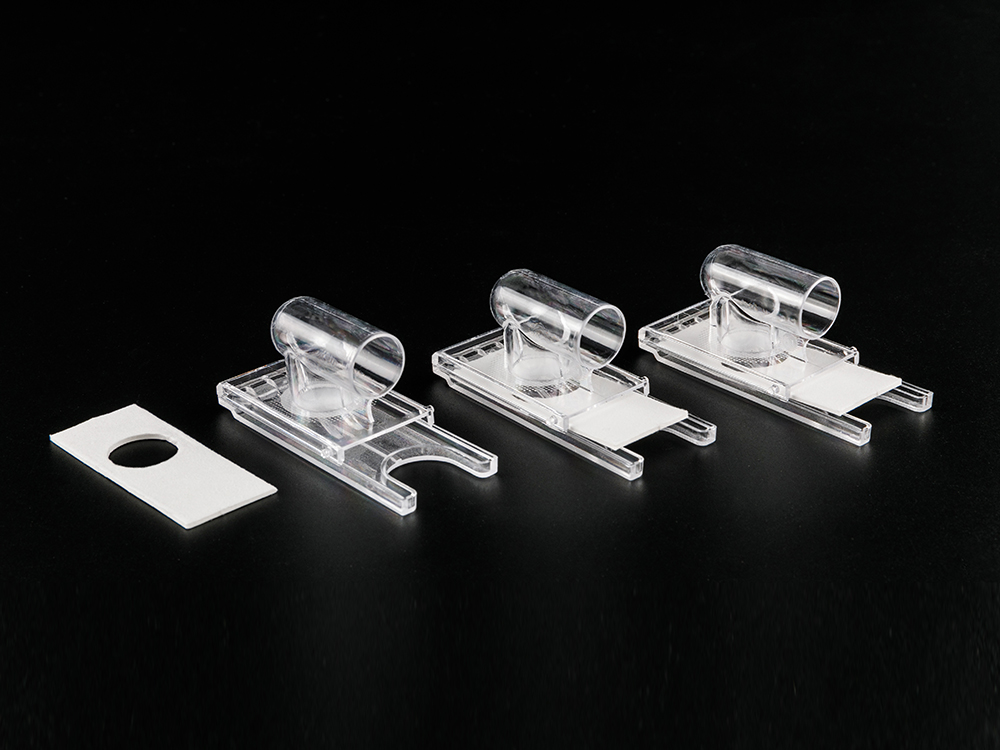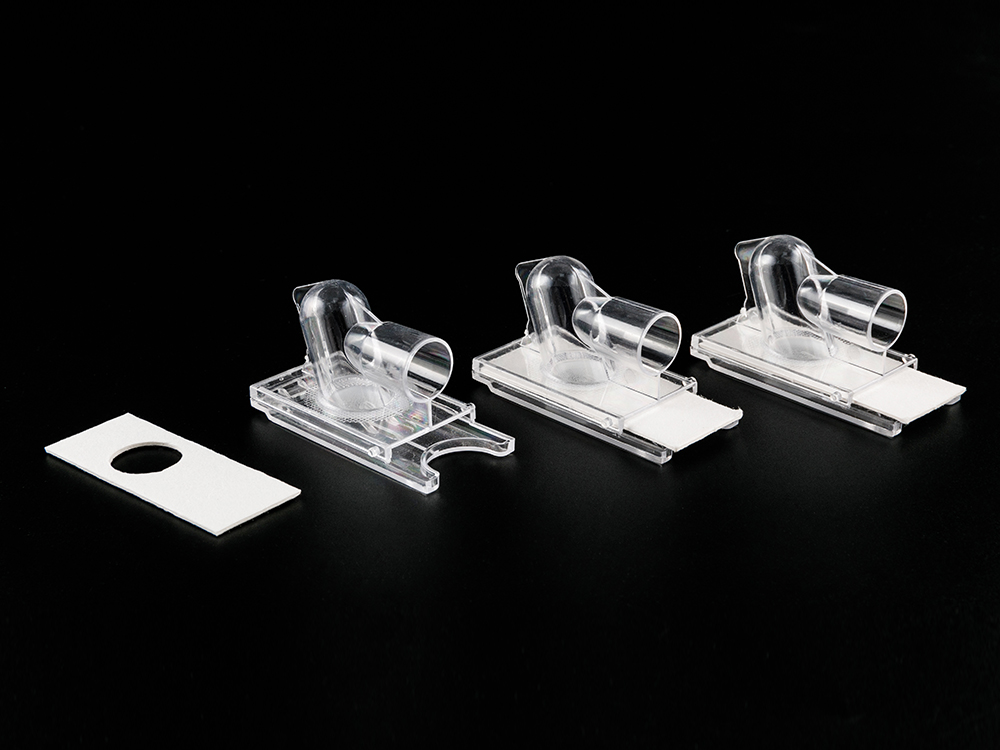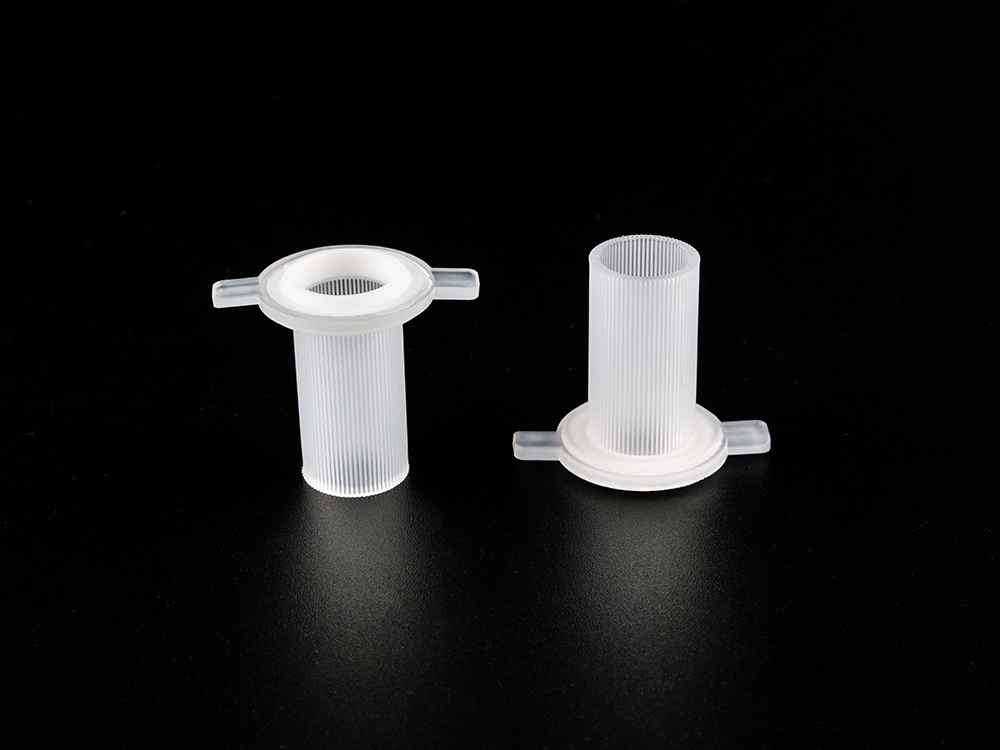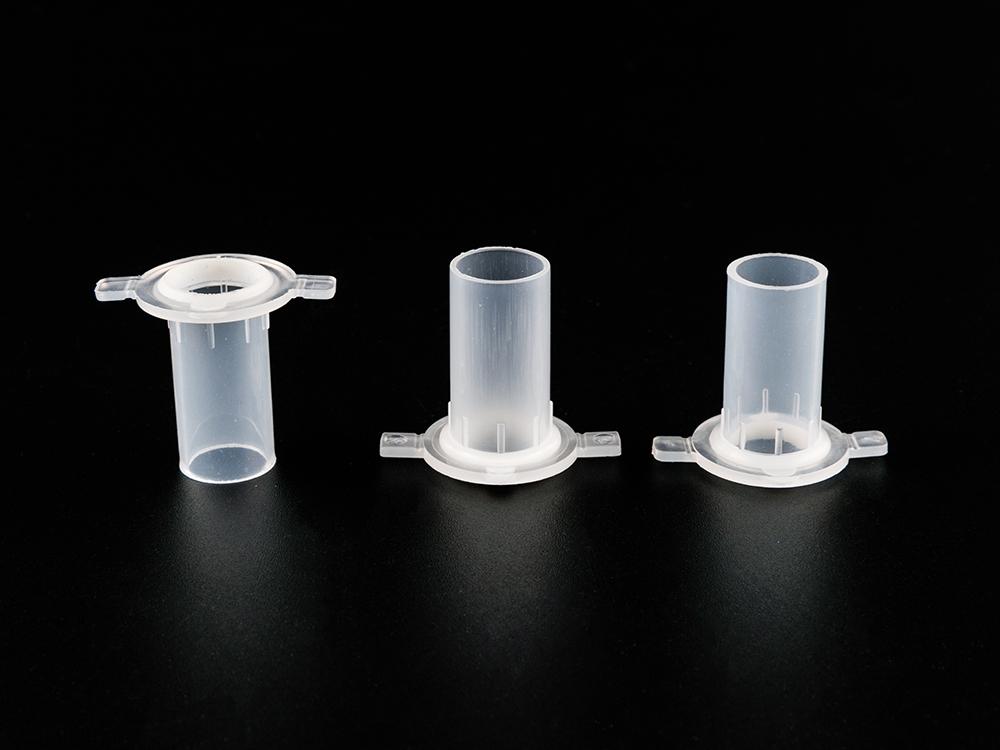High-Throughput Capability for Advanced Research
The PCR Deep Well Plate is specifically engineered to handle a large number of samples simultaneously, offering significant advantages for high-volume laboratories:
Increased Sample Capacity: The deep wells provide larger reaction volumes, allowing laboratories to process more samples per plate. This capability is particularly valuable for high-throughput studies such as genomic screenings, vaccine research, or pathogen testing, where hundreds of samples need to be amplified accurately within a limited time frame. The ability to manage large volumes efficiently helps labs meet tight deadlines without compromising sample integrity.
Parallel Processing: These plates enable simultaneous PCR reactions across multiple wells, reducing overall production time. By conducting parallel reactions, laboratories can significantly shorten the experimental cycle and improve productivity. This feature is especially important in clinical labs that need to deliver rapid test results, as well as in industrial-scale research environments where maximizing throughput is essential for cost-effectiveness.
Minimized Cross-Contamination: The design of the wells ensures that each sample remains isolated, maintaining the purity and accuracy of the results. The physical separation of samples, combined with proper sealing techniques, minimizes the risk of contamination, which is crucial for sensitive applications such as pathogen detection, forensic testing, and precision diagnostics.
Precision and Material Quality
The performance of the PCR Deep Well Plate depends heavily on the quality of its materials and design:
High-Grade Polypropylene Construction: Made from premium polypropylene, these plates are resistant to chemical corrosion and can withstand extreme PCR cycling temperatures without warping or degrading. This durability ensures that the plates maintain structural integrity throughout repeated thermal cycles, providing consistent results even under rigorous laboratory conditions.
Smooth Well Surfaces: Each well is polished and engineered to minimize reagent adhesion. This reduces sample loss during pipetting and ensures accurate reaction volumes. Consistent reagent distribution is critical for uniform amplification, especially in experiments requiring high precision such as gene expression profiling or molecular diagnostics.
Optimal Thermal Conductivity: The plate material ensures even heat distribution across all wells, which is vital for achieving consistent PCR amplification. Uneven heating can lead to variable results, which can compromise experiment accuracy. With optimal thermal properties, these plates support reliable and reproducible outcomes for demanding applications.
Compatibility with Laboratory Equipment
Modern laboratories rely heavily on automated systems to enhance productivity, and the PCR Deep Well Plate is designed to integrate seamlessly with a wide range of equipment:
Robotic Liquid Handlers: These plates are compatible with automated liquid handling systems, which significantly reduces manual labor and the risk of human error. Automated workflows also improve reproducibility and allow laboratory personnel to focus on higher-value tasks such as data analysis and experimental design.
Plate Sealers and Thermal Cyclers: The plates are fully compatible with standard plate sealers and thermal cyclers, ensuring proper sealing and consistent amplification results. This compatibility guarantees that laboratories can integrate deep well plates into existing workflows without the need for extensive equipment modifications.
Multiple Formats Available: Available in 96-well, 384-well, and custom configurations, these plates cater to varying throughput and reaction volume requirements. The flexibility in format allows laboratories to choose the most suitable plate for their specific applications, whether it is small-scale research or industrial-scale screening.
Safety and Contamination Prevention
Ensuring safety and maintaining sample integrity are critical in any laboratory, and the PCR Deep Well Plate addresses these concerns effectively:
Evaporation and Contaminant Protection: High-quality sealing mats or adhesive films prevent evaporation and protect samples from environmental contaminants. This is particularly important for long PCR cycles or experiments conducted under variable temperature and humidity conditions.
Aerosol Reduction: The deep well design minimizes the formation of aerosols, which can pose contamination risks to other samples and laboratory personnel. Proper sealing and handling reduce cross-contamination risks, making these plates suitable for high-stakes experiments where sample purity is paramount.
Sterilized Production: Many deep well plates are produced under cleanroom conditions or sterilized prior to packaging. This ensures that the plates meet stringent laboratory standards, reducing the risk of contamination and providing confidence in the accuracy of experimental results.


 中文简体
中文简体 English
English Español
Español Deutsch
Deutsch عربى
عربى